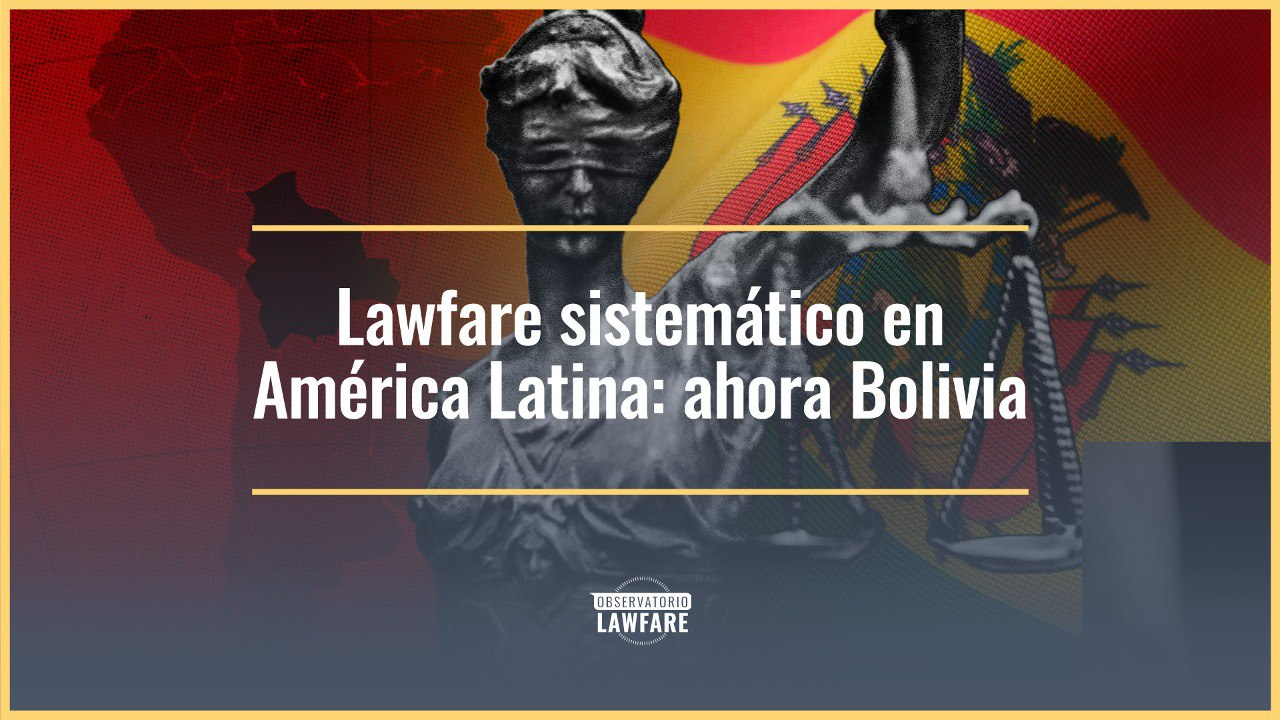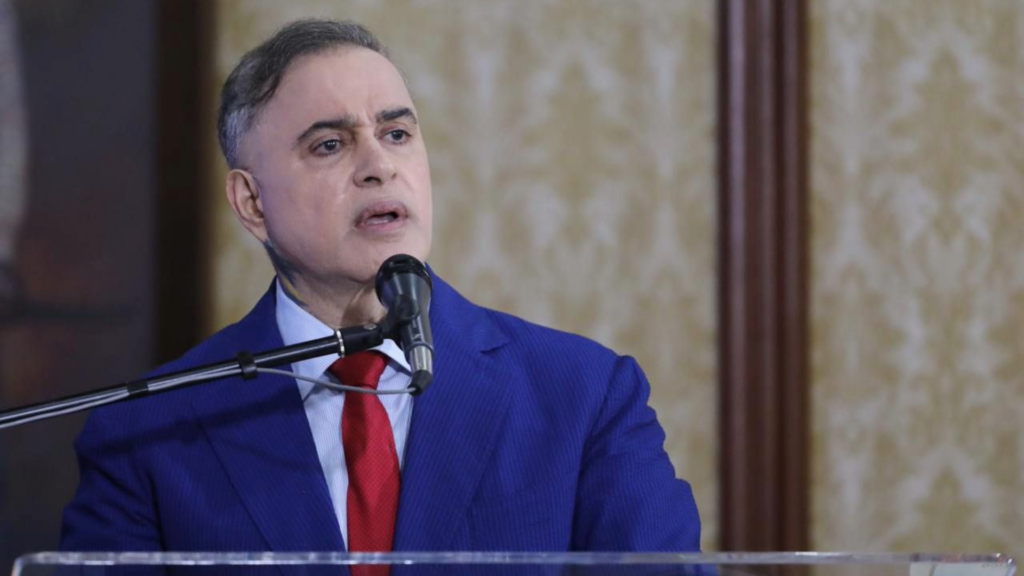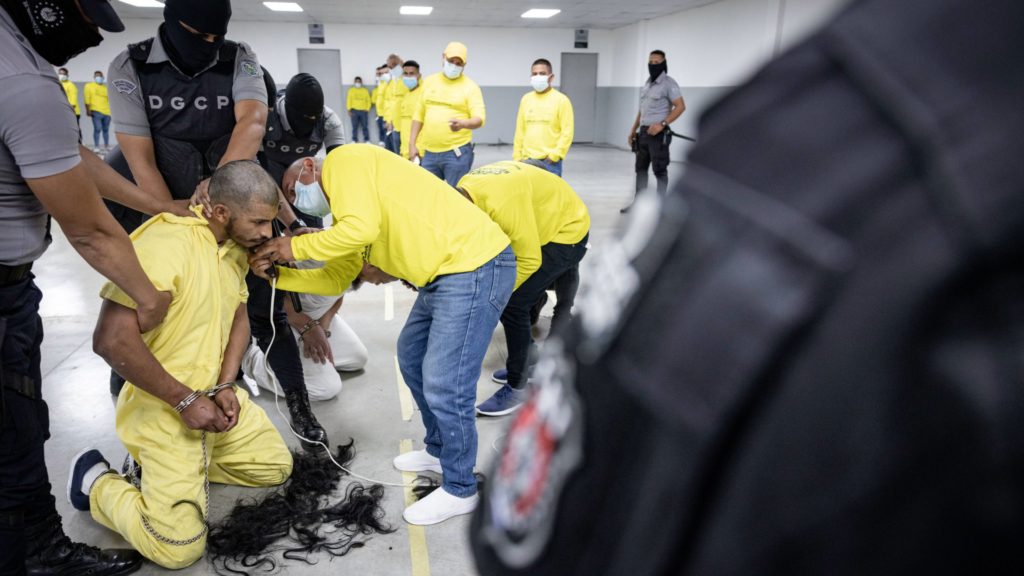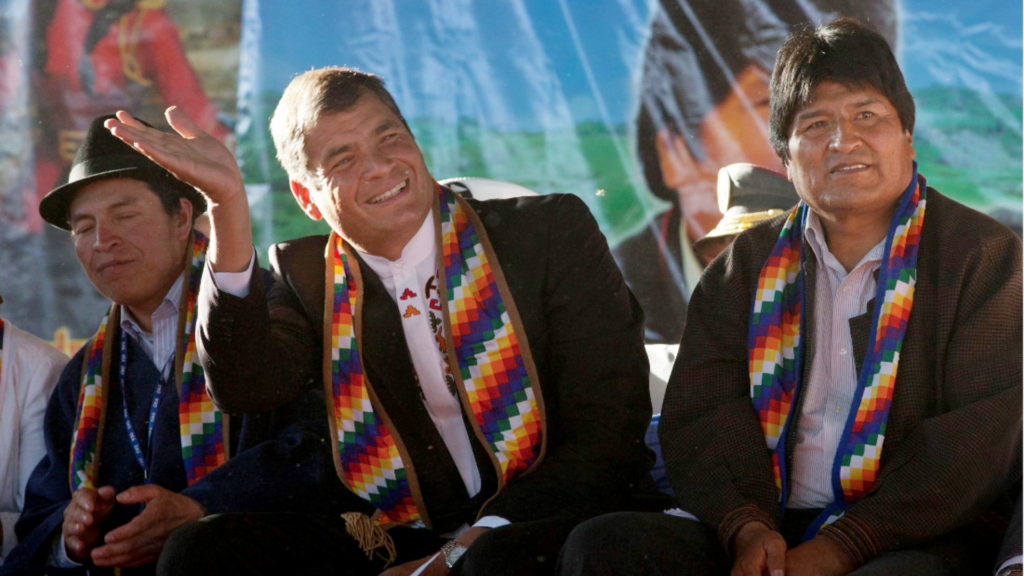Intensified persecution
The current situation of harassment and persecution of former Bolivian President Evo Morales includes multiple complaints and/or legal cases opened or promoted in recent months, with varying degrees of progress and media harassment, as well as a recent attempt at physical elimination that has not yet been clarified . This situation has intensified since Evo led the so-called “March to save Bolivia” last September, and as the next presidential election scheduled for August 2025 approaches.
This escalation of actions targeting Evo Morales, other MAS IPSP leaders and even the former president’s lawyers reflects a pattern of lawfare, where the judicial system is used to arbitrarily persecute, delegitimize and politically displace an adversary, with indications of coordination between government actors, the judiciary, security forces and paramilitary groups. Added to this is the harassment and lynching by some of the country’s most important media outlets.
Similarities with other cases in the region
Below are systematic characteristics of the main cases of lawfare in Latin America in the last decade, focusing on Brazil, Argentina and Ecuador, with the purpose of identifying similarities that help characterize the current Bolivian context
Judicial apparatus
Judicial harassment
- In the cases of Argentina, Brazil and Ecuador, there was constant judicial harassment. At least 654 complaints were filed against Cristina Fernández, of which a dozen were transformed into cases with varying degrees of progress. Lula Da Silva accumulated 25 cases, was prevented from participating in the 2018 presidential election and spent 580 days in prison for the Lava Jato case, in which he was finally acquitted.
- In Ecuador, Rafael Correa received 52 complaints, with a shameful conviction in the Bribery case, for “psychic influence . ”
- In Bolivia, Evo Morales is systematically denounced and within a period of 3 weeks, after the “March for Life” in Bolivia, at least 7 cases were opened against him.
Double Standards and Selectivity
- The double standards and selectivity of files in the case of Argentina have been evident, especially since the presidential administration of Mauricio Macri, as the corruption cases involving him are systematically blocked, while through forum shopping mechanisms and arbitrary manipulation of judicial positions, the cases against CFK accumulate and advance with notorious violations of due process and the right to defense. At the same time, the case for the attempted assassination of the then vice president never focused on the intellectual authors and financiers, who remain unpunished. In Ecuador, in 2023 Guillermo Lasso was denounced for acts of corruption through the Encuentro Case, which never advanced. The Sinohydro case against Lenin Moreno and the Encuentro Case against Danilo Carrera, Lasso’s brother-in-law, also did not advance at the pace of the persecution against Correa officials. In the Guarujá triplex case against Lula da Silva, 7 files were “skipped” in order to urgently address this case and prevent Lula from registering as a candidate in the 2018 presidential elections.
- In the case of Bolivia, while cases against Evo Morales were reopened, proceedings involving Manfred Reyes Villa (potential presidential candidate of the right) were annulled.
Manipulation and change of positions in the judiciary
- In Argentina, by decree and in violation of the Constitution, then-President Mauricio Macri in 2018 promoted judges Leopoldo Bruglia and Pablo Bertuzzi; in addition, the mandate of Elena Highton de Nolasco as a judge of the CSJN was extended thanks to an agreement with the Macri government in exchange for her vote in the 2 x 1 ruling to reduce sentences for those convicted of crimes against humanity. In addition, Judge Claudio Bonadío (deceased) accumulated almost all the cases against CFK, contrary to all mathematical probabilities that the draws would assign them to him.
- In Brazil, all the Lava Jato cases were forced by Judge Moro to be heard in Curitiba, regardless of the natural jurisdiction where the corrupt events had apparently occurred.
- In Ecuador, the government of Lenin Moreno held a referendum (without respecting the constitutional procedure), through which the members of the Citizen Participation Council were replaced by people appointed by the Executive and who assumed powers not provided for in the Constitution, transforming itself into an “exceptional court” that accelerated political persecution.
- In Bolivia, judicial elections have been postponed since 2023, allowing the “self-extension” of mandates of judges aligned against Evo Morales, violating the deadlines provided for in the Constitution and forcing an arbitrary extension of mandates.
Due process inconsistencies
- In Argentina, the figure of Judge Claudio Bonadío is emblematic. He summoned CFK to testify in nine cases on the same day. In the Vialidad case , due process was violated, as CFK was sentenced to six years in prison in the first instance without any concrete evidence, to the point that a complete audit of the works that are the object of the case requested by the defense was rejected.
- In Brazil, Moro’s conviction against Lula for money laundering and passive corruption was based on an “undetermined act of office.” There was never any evidence of the apparent acts of corruption linked to the Guarujá Triplex.
- In Ecuador, the Bribery Case began with a tweet from an “independent journalism” portal, followed by numerous testimonies from whistleblowers who had their sentences reduced, which they attempted to prove with evidence that turned out to be unreliable, such as a notebook written in retrospect by a former presidential assistant.
- In many cases, the abusive use of the figure of the “repentant” or “rewarded whistleblowers” is observed, who appear as key actors so that prosecutors have elements to accuse political leaders.
- In Bolivia, there is very little clarity in the procedural procedures known to date. Accusations and notifications are reported in the press but not in the context of the court file; the guarantee of a natural judge and the right to defense are also violated.
- In the case reopened for events that allegedly occurred in 2014 and 2015, the most publicized to date, the non bis in idem (not being tried twice for the same act) rule is violated since the case was closed in 2020 due to lack of evidence. In addition, the criminal classification of the accusation was changed, which at the time was for statutory rape (art. 309 CPB) and now it is for human trafficking (art. 281 bis CPB). This is to avoid accusing him twice for the same criminal offense, although the guarantee is still violated since the same facts and the same defendant are involved. The first case, closed, was filed with the number 201102012003939, opened on September 24, 2020 and closed months later since it was rejected by the Public Prosecutor’s Office, based on art. 304, paragraph 3 of the Code of Criminal Procedure, which establishes one of the ways to close the criminal process, if the investigation has not provided sufficient elements to base the accusation. However, four years later it is reopened for the same facts in case no. 601102012401698, without justification.
Disqualifications from holding public office
- Judge Sergio Moro’s conviction against Lula Da Silva in 2017 included a 19-year ban from holding public office. The first instance ruling against CFK in the Roads case (December 2022) includes a perpetual ban from holding public office.
- Rafael Correa was disqualified from holding public office due to the Bribery case days before the deadline for registering candidates for the 2021 elections, when he had run for vice president.
- In the case of Evo Morales, something similar is intended by interpreting ruling 1010/2023 of December 29, 2023 of the Plurinational Constitutional Court (TCP), as a disqualification from a new presidential term of someone who had already served two terms, even though they are not consecutive but interrupted, which contradicts the constitutional text. In this sense, on November 8, 2024, the same TCP issued Constitutional Order 0083/2024 ECA by which it responds to a request for clarification of the aforementioned ruling, detailing that it is not possible for someone who has held the same position twice to run for the same position again, even when it is not consecutive. This interpretation is forced with respect to the constitutional text, exceeding what is provided therein.
Media apparatus
The media and social networks condemn a leader and/or his political sector as guilty, through unfounded accusations and testimonies, without any kind of conclusive evidence, without considering the time and due judicial process. The intention is the destruction of the social and therefore political image of the target .
This article has been translated from Spanish by Kawsachun News. Read the original here.








